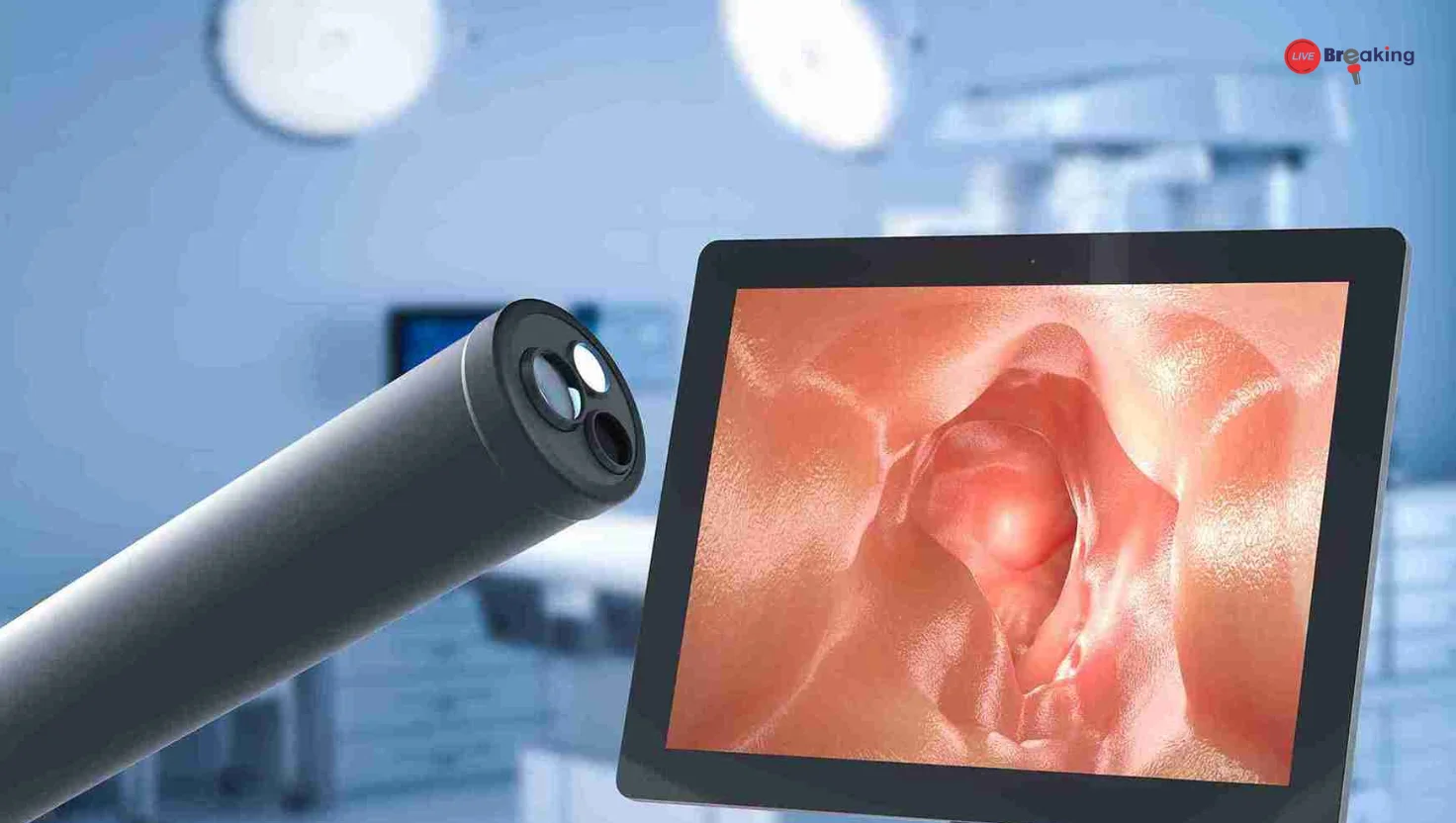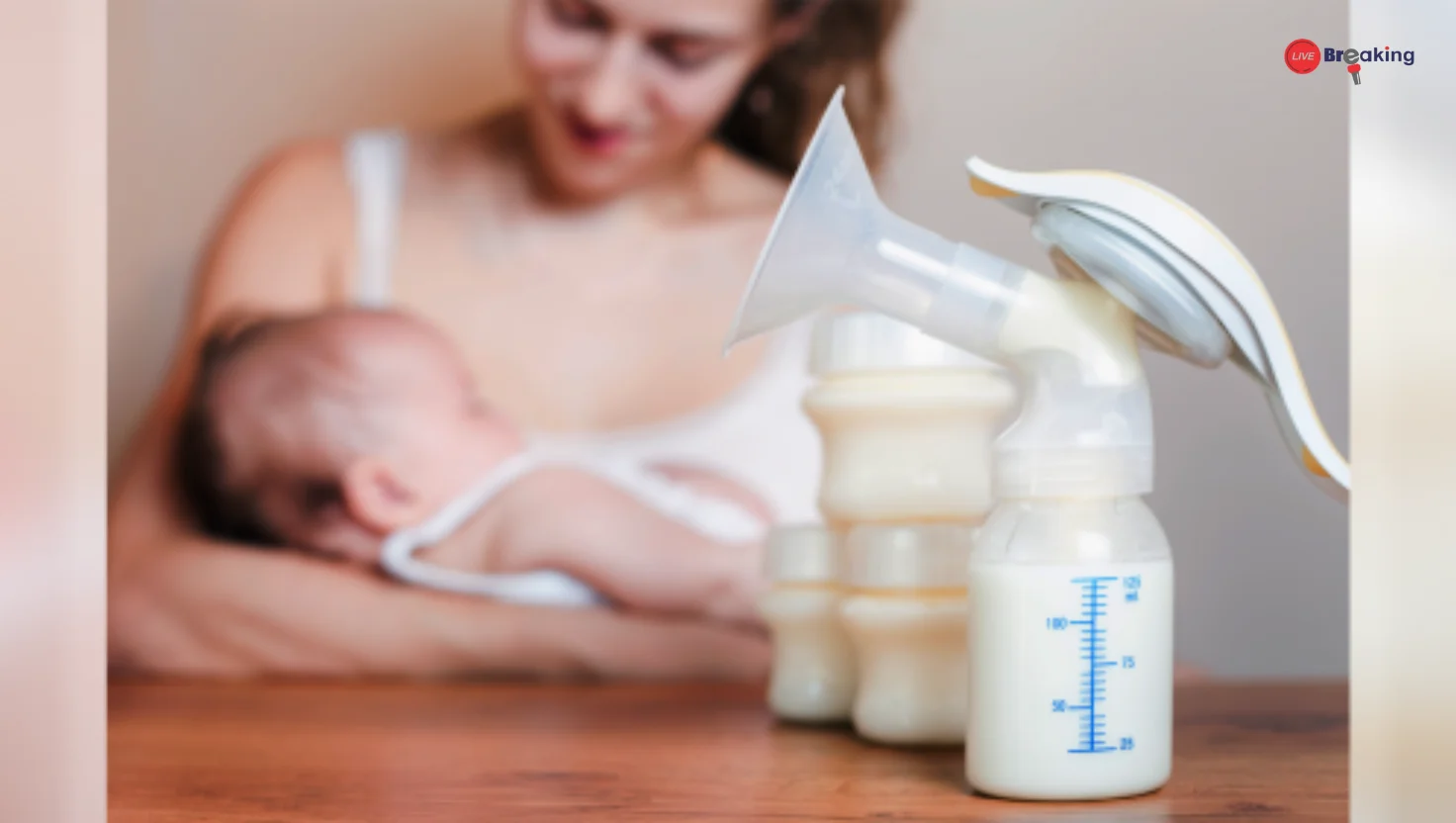A Clearer Path to Parenthood with Follicular Monitoring
Planning a family involves many steps, from maintaining good health to understanding fertility. For couples trying to conceive, medical science provides several tools to monitor reproductive health and increase the chances of a successful pregnancy. One such tool is the follicle scan, a simple yet highly effective procedure that offers valuable insights into ovulation and fertility.
Understanding the Follicle Scan
A follicle scan, also known as follicular monitoring, is a specialized ultrasound test that tracks the growth and development of ovarian follicles. Follicles are tiny fluid-filled sacs in the ovaries, each containing an immature egg. By monitoring their size and progress, doctors can predict when ovulation is likely to occur, helping couples time intercourse or fertility treatments more effectively.
Why Follicles Matter in Fertility
For pregnancy to occur naturally, an egg must mature, be released from the follicle, and then be fertilized by sperm. The quality, size, and maturity of the follicle play a crucial role in this process. A follicle scan helps doctors determine whether the follicles are developing normally, if ovulation is happening on time, and whether hormonal therapies or other interventions may be needed.
How the Procedure Is Done
The follicle scan is a non-invasive ultrasound procedure, typically performed through the abdomen or transvaginally for more accurate results. It usually starts a few days after a woman’s menstrual cycle begins and continues at intervals until ovulation is confirmed. During each session, the doctor measures the follicles, tracks their growth, and monitors changes in the endometrium (uterine lining).
The Ideal Follicle Size for Ovulation
Doctors generally look for a follicle size of around 18–22 mm, which indicates that the egg inside is mature and ready for release. Once this size is reached, ovulation is expected within 24–36 hours. At this stage, couples can plan intercourse or doctors may schedule procedures like intrauterine insemination (IUI) or in-vitro fertilization (IVF) to maximize the chances of conception.
Read more: Freedom to Feed: How Cordless Breast Pumps Transformed My Breastfeeding Journey
Follicle Scan in Natural Conception
For couples trying to conceive naturally, the follicle scan provides a clear roadmap for timing intercourse. Instead of relying only on calendar methods or ovulation predictor kits, the scan offers real-time scientific data. This improves the chances of fertilization, especially for couples who may have been struggling with irregular cycles or unexplained infertility.
Follicle Scan in Assisted Reproductive Techniques
Follicle scans are also vital in fertility treatments like IUI and IVF. In these cases, doctors need precise information about egg maturity before retrieving or fertilizing them. The scan helps determine the right time to administer trigger injections that release the egg, making sure procedures are carried out at the optimal time for success.
Detecting Fertility Issues Early
Beyond timing ovulation, follicle scans also help detect underlying problems such as anovulation (failure to ovulate), polycystic ovary syndrome (PCOS), or poor ovarian reserve. Identifying these issues early allows doctors to design tailored treatment plans, giving couples better chances of achieving pregnancy.
Safety and Comfort of the Procedure
Follicle scans are safe, painless, and carry no risks of radiation exposure, since they use ultrasound technology. While some women may feel mild discomfort during a transvaginal scan, the procedure is quick and generally well tolerated. Regular monitoring also provides emotional reassurance to couples, as they gain a clearer understanding of their fertility journey.
Read more: Meet Nandini Agrawal, world’s youngest female Chartered Accountant who got AIR 1 in CA finals exam
When Should Couples Consider a Follicle Scan?
Couples who have been trying to conceive for more than six months to a year without success, women with irregular cycles, or those undergoing fertility treatments are often advised to undergo follicle scans. Doctors may also recommend it for women over 35 who want to assess their fertility window more closely.
Conclusion
A follicle scan is more than just a medical test—it is a guiding tool for parenthood planning. By offering precise information about ovulation, egg maturity, and potential fertility challenges, it helps couples and doctors work together toward the dream of parenthood. Whether for natural conception or assisted treatments, follicular monitoring provides clarity, confidence, and an informed approach to one of life’s most meaningful journeys.














